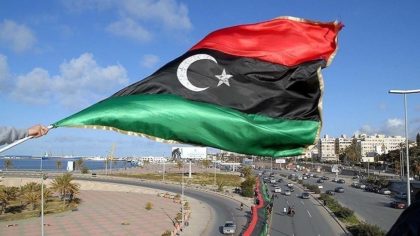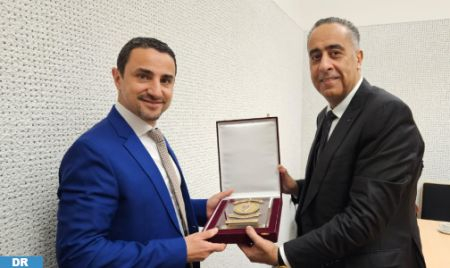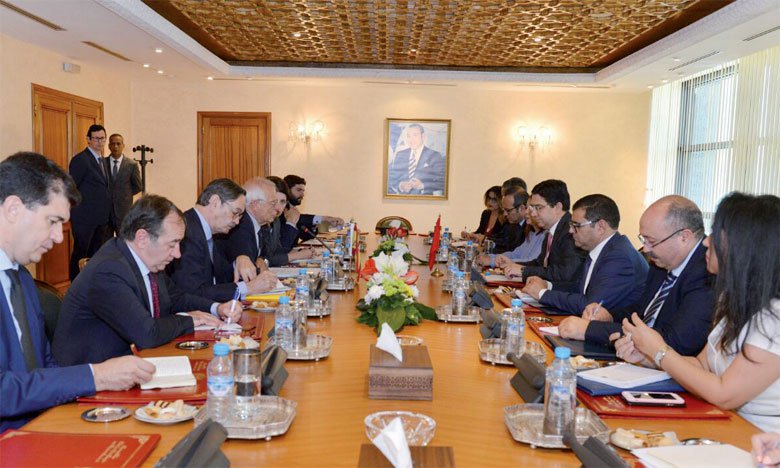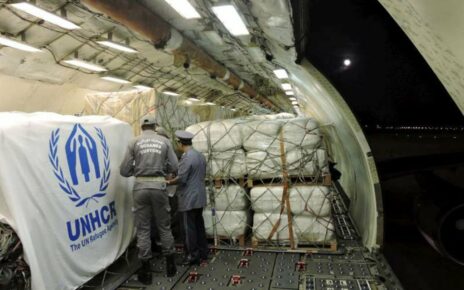 Morocco said that the worst that Libya could face was an institutional void, in a first reaction to the most recent development in the war-torn north African country that could fall into further chaos after the delay of presidential elections.
Morocco said that the worst that Libya could face was an institutional void, in a first reaction to the most recent development in the war-torn north African country that could fall into further chaos after the delay of presidential elections.
“We always believe that Libyan institutions offer a framework to resolve all Libyan problems and we see today that the institutional void represents the worst risk,” Morocco’s foreign minister Nasser Bourita told the press following talks with his Maltese counterpart Evarist Bartolo.
Bourita reiterated Morocco’s position against foreign interference in Libya and its institutions, stressing that Rabat is more concerned about the return to stability.
In this regard, he said, “elections are a conducive framework…elections should be the starting point for fostering stability in Libya.”
Morocco, which brokered the Skhirate political agreement between the Libyan rivals, remains ready “to bridge the gap” between Libyans without imposing any agenda or foreign interferences.
Slide towards strife
Years after the fall of the Gadhafi regime, the specter of division and in-fighting haunts the country again, following the delay of elections on which stability hopes were pinned.
Divisions between the two rival governments- both vying for power and influence in the oil and gas rich country- have been revived after elections due in December 24 were postponed.
The elections aimed at picking a unity government to replace a transitional government led by Prime Minister Abdul Hamid Dbeibah, who insists to stay in power till elections are held.
This position has angered his opponents in the Libyan parliament who picked Fathi Bashagha to form a new government pending elections, further deepening the divide between the two rival governments in the east and the west.
Other points of discord include electoral laws and who is eligible to run as well as the unwillingness of the warring parties to return funds accumulated during the war.
Forces loyal to Libya’s strongman and de facto ruler of eastern Libya, general Khalifa Haftar, support Bashagha against Dbeibah.



